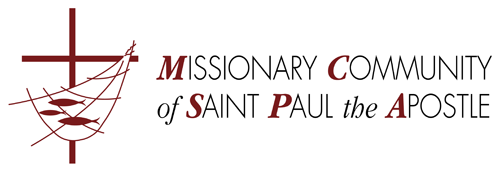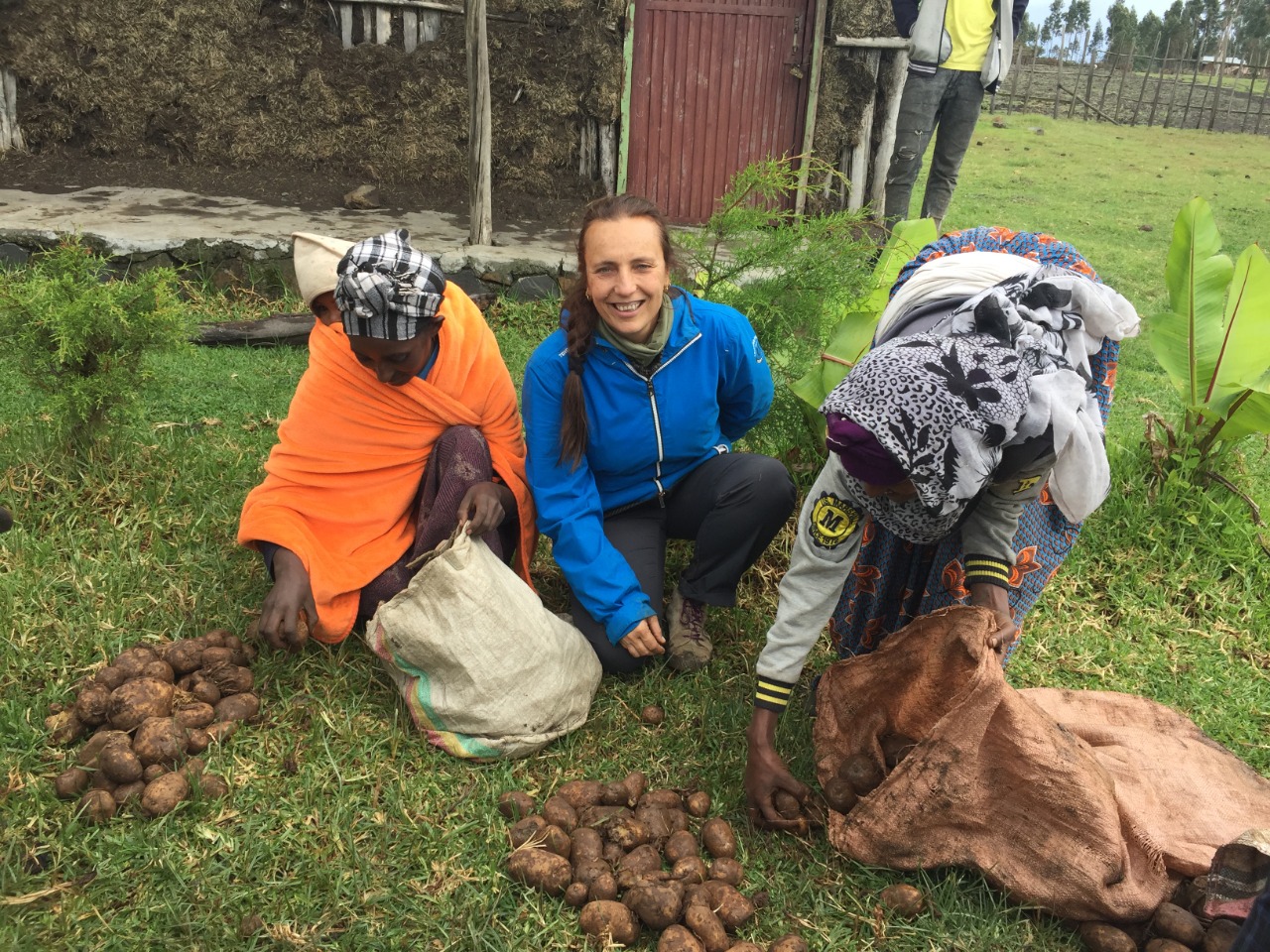In Ethiopia, despite the strong measures taken due to the pandemic, cases have been increasing every day and growing faster in the last couple of weeks.
In the cities and semi-urban areas, the main problem for the population is the drastic lack of income, since in many cases people work every day, either in small commerce in markets or in construction work, services, which during the pandemic have been reduced to an unprecedented minimum.
Many families are living from day to day, and now obtaining the necessary food has become a challenge.
Farmers, 80% of the Ethiopian population, have seen market trading activity reduced and the prices of all products they cannot produce gradually rising.
Since March, the supply of products of all kinds has been affected and prices are constantly rising. The livelihood of the rural population is their grain harvest, which they harvest from November to January, and those who have cows sell what little milk the zebu cows produce. But now the sale of milk is difficult, income is reduced and last year’s harvest is further and further away, so food in the houses is becoming more scarce than “normal”.
In Wuchale Woreda, in the Oromo Region, where MCSPA has been working since 2007, child malnutrition was already a reality before the pandemic. Twin births, women who are anaemic during pregnancy and poor nutrition mean that many babies do not receive adequate nutrition before the age of two, those thousand days that are so important for the physical and psychological development of the human being.
In view of the current situation, many families in the countryside express their great concern: how will they be able to cover their alimentary needs until the next harvest, which will not be until November?
Since 2011 MCSPA has been carrying out a program of digging artisan wells that supply 5 families with each well, for sanitation, consumption and planting of family gardens, adding vegetables to the family diet and with the possibility of harvesting food 3 times a year.
To support this situation of precariousness and distress, we have started planting potatoes, taking advantage of the rains that begin in June, so that families can harvest potatoes in September. During the rainy season, temperatures drop drastically and many children are affected by respiratory diseases, making good nutrition even more necessary.
Since May we have distributed 3,200 kg of seed potatoes to 320 families in 4 villages in the area of Muketuri, so that each family can produce 120 kg of potatoes for consumption in September. They will also be able to keep 10% of that production and plant in the next 10 years.
This activity does not solve all the problems but it does improve the diet of families in difficult times and it strengthens their self-confidence and ability to cope with adversity.
Rumours has spread and all the villages want to be able to plant potatoes, but funds are limited…
When we arrive in the villages a line of people is ready, all of them with bags to receive the potatoes and patiently greet us with blessings: “May God give you a long life.”
We hope that we can continue to share hope among the most needed, who with their gratitude and welcome remind us that we are all brothers and sisters!
Thank you to those who have supported us for years and have kept us in your prayers. May we continue to plant potatoes for many more families!
Lourdes Larruy, MCSPA






